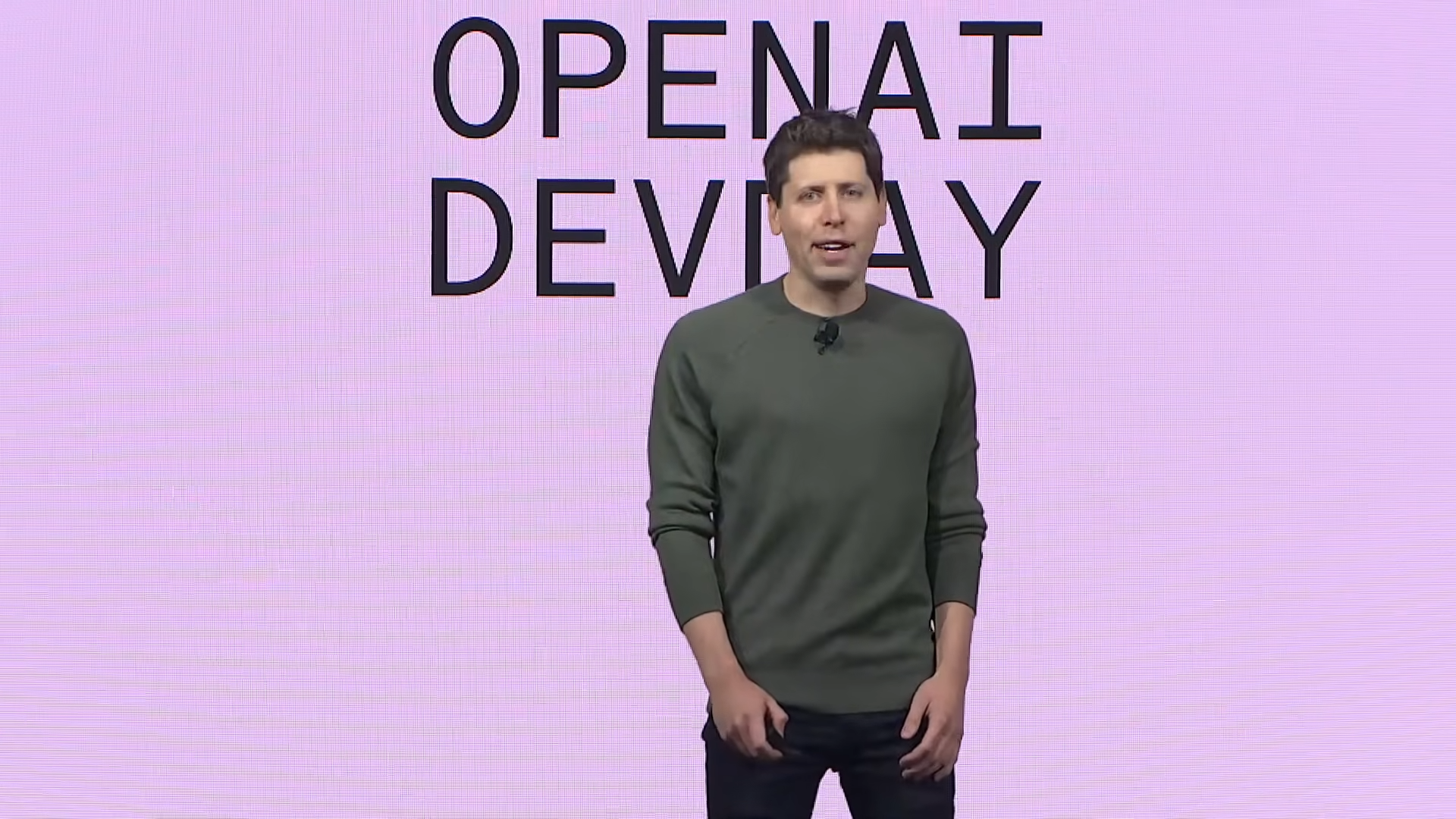The reason for firing Sam Altman was "to strengthen OpenAI," says Helen Toner

Helen Toner, one of the board members who voted to fire Sam Altman from OpenAI, has spoken out about the power struggle at the AI company.
In an interview with the Wall Street Journal, Toner said that the decision to fire Altman was not about AI safety, but rather a lack of trust.
"Our goal in firing Sam was to strengthen OpenAI and make it more able to achieve its mission," she explained.
Toner also explained the situation in which she said that it would be "consistent with the mission" of the board if OpenAI collapsed after Altman's firing. According to Toner, this was in response to "intimidation tactics" by an OpenAI lawyer.
Her idea was that OpenAI's for-profit arm wasn't "by definition" necessary for the success of OpenAI's nonprofit mission, which is to develop AGI that benefits humanity.
Toner declined to provide details about the reasons for Altman's firing, but maintained that the board's actions were consistent with its duty to ensure that AI systems are built responsibly. Toner and other board members eventually resigned, allowing Altman to return as CEO.
From what we know so far, one of the main reasons for Altman's firing, at least from Toner's perspective, was that Altman criticized Toner for co-authoring the paper "Decoding Intentions." The paper criticized the AI hype generated by ChatGPT, an OpenAI product, and praised competitor Anthropic for delaying the release of its chatbot Claude to avoid fueling the hype.
Altman allegedly held one-on-one meetings with board members to get Toner fired, playing off their statements against each other. The Wall Street Journal backs up this story, citing people familiar with the situation, saying that Altman misled Toner, which ultimately led the board to question his integrity as CEO.
AI News Without the Hype – Curated by Humans
As a THE DECODER subscriber, you get ad-free reading, our weekly AI newsletter, the exclusive "AI Radar" Frontier Report 6× per year, access to comments, and our complete archive.
Subscribe nowAI news without the hype
Curated by humans.
- Over 20 percent launch discount.
- Read without distractions – no Google ads.
- Access to comments and community discussions.
- Weekly AI newsletter.
- 6 times a year: “AI Radar” – deep dives on key AI topics.
- Up to 25 % off on KI Pro online events.
- Access to our full ten-year archive.
- Get the latest AI news from The Decoder.